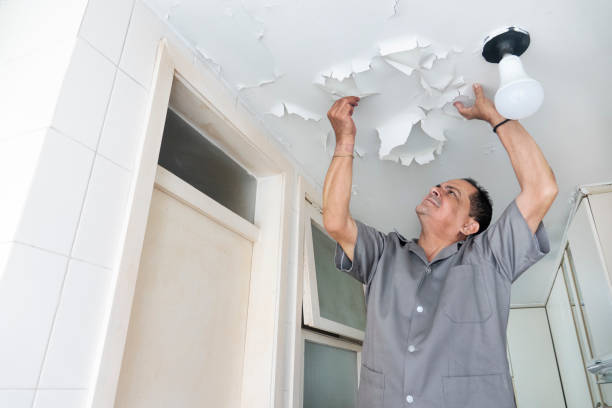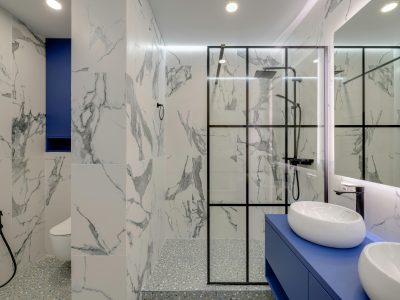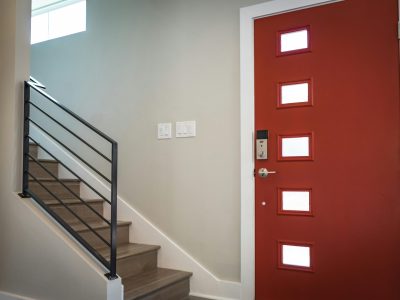Nearly half of all homes have some form of a major defect. According to the Realty Times, these types of defects can run up to $15,000 to fix. You can avoid unexpected repair costs by having a home inspection before purchasing a house. A qualified Home Inspector in Sea Girt NJ can save you money over the long term. Many banks, as well as other lending institutions will require that an inspection be done before you buy a house.
We are not responsible if we miss something
Even the most skilled home inspectors make mistakes. These errors can lead to major headaches. Surprisingly not all states require home inspections to have insurance. Even those that do have insurance may not be sufficient to protect homeowners.
A home inspector’s liability typically exceeds the cost of the inspection. This means that you may be out thousands of dollars if the inspector overlooks a major problem. You can be sure that you will be covered by an inspector with “Errors & Omissions” coverage. These policies provide additional protection for the inspector if he overlooks a damaged roof or a furnace that is on its last legs.
We probably shouldn’t tackle your repair work
Although it may seem easier to have one person handle all aspects of your home inspection and repair, this doesn’t necessarily make it the best choice. Home inspectors who are hired to fix defects will likely find more flaws than those who just perform an inspection. Although most home inspectors are capable of handling both tasks and maintaining an ethical standard, it’s possible to run into someone who is less scrupulous. The American Society of Home Inspectors prohibits members from soliciting repairs based on inspection results.
Keep repair and inspection separate to protect your wallet. Also, be wary of inspectors offering their services for other tasks.
We are focused on the house, not the ground
Your home inspector will only be looking at your house and not its surroundings, as his or her title implies. The inspector will not see problems outside of the house, so the buyer is more vulnerable to outbuildings and fences. These elements can be a significant expense and cause major headaches if they become damaged or unstable.
Home inspectors don’t usually inspect sheds or fencing. They also won’t inspect underground pipes , septic tanks, or wells. These items are very expensive to replace or repair. You should include any outbuildings and other outdoor features in your home inspection checklist. Consider hiring another inspector who is more familiar with this type of work if your inspector refuses to cooperate or feels unqualified to inspect these structures.













Comments